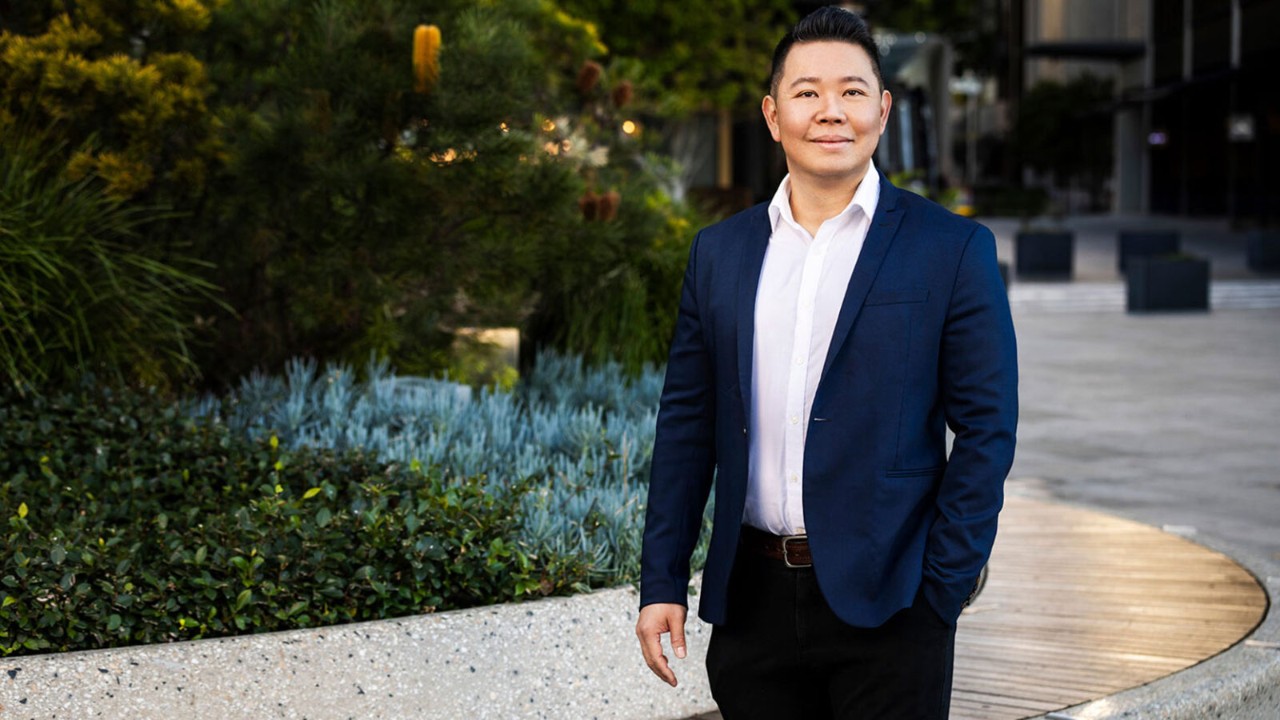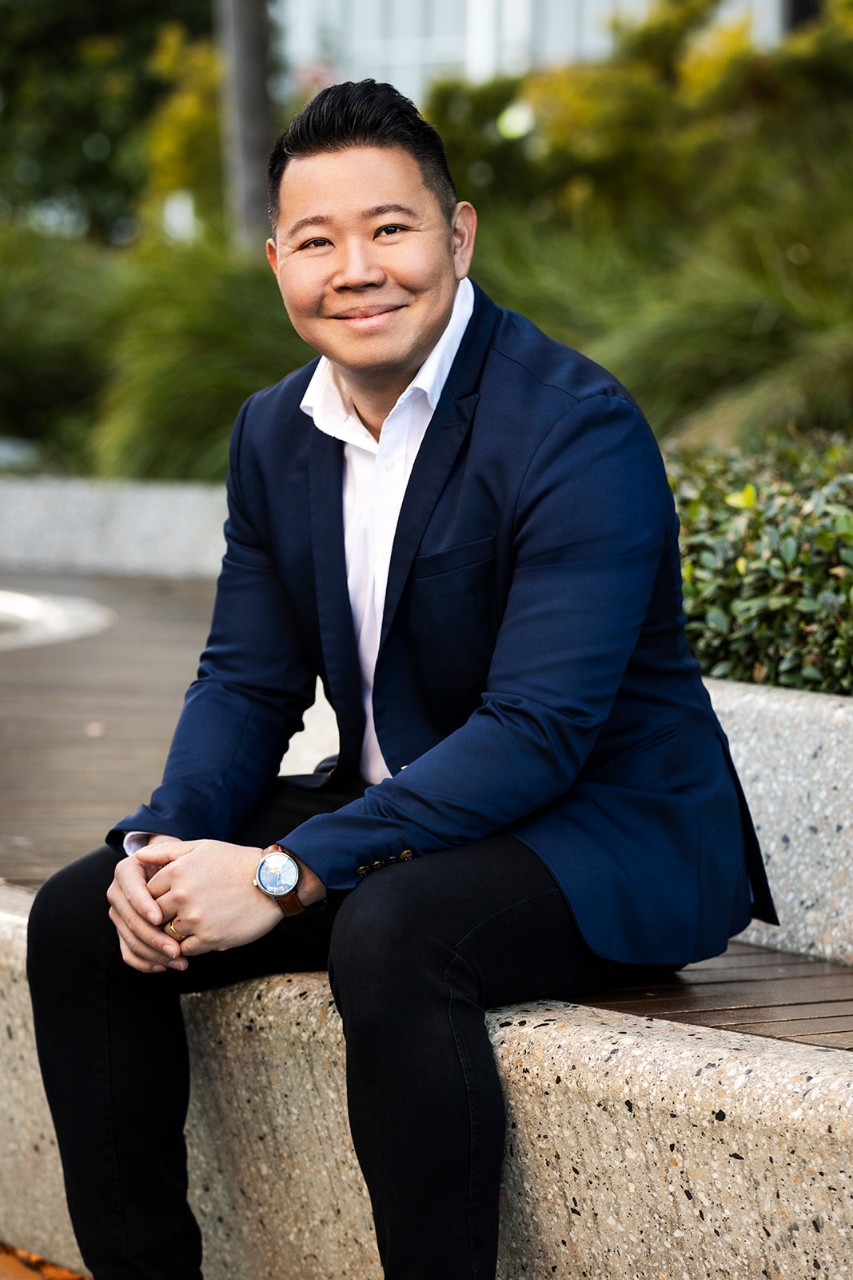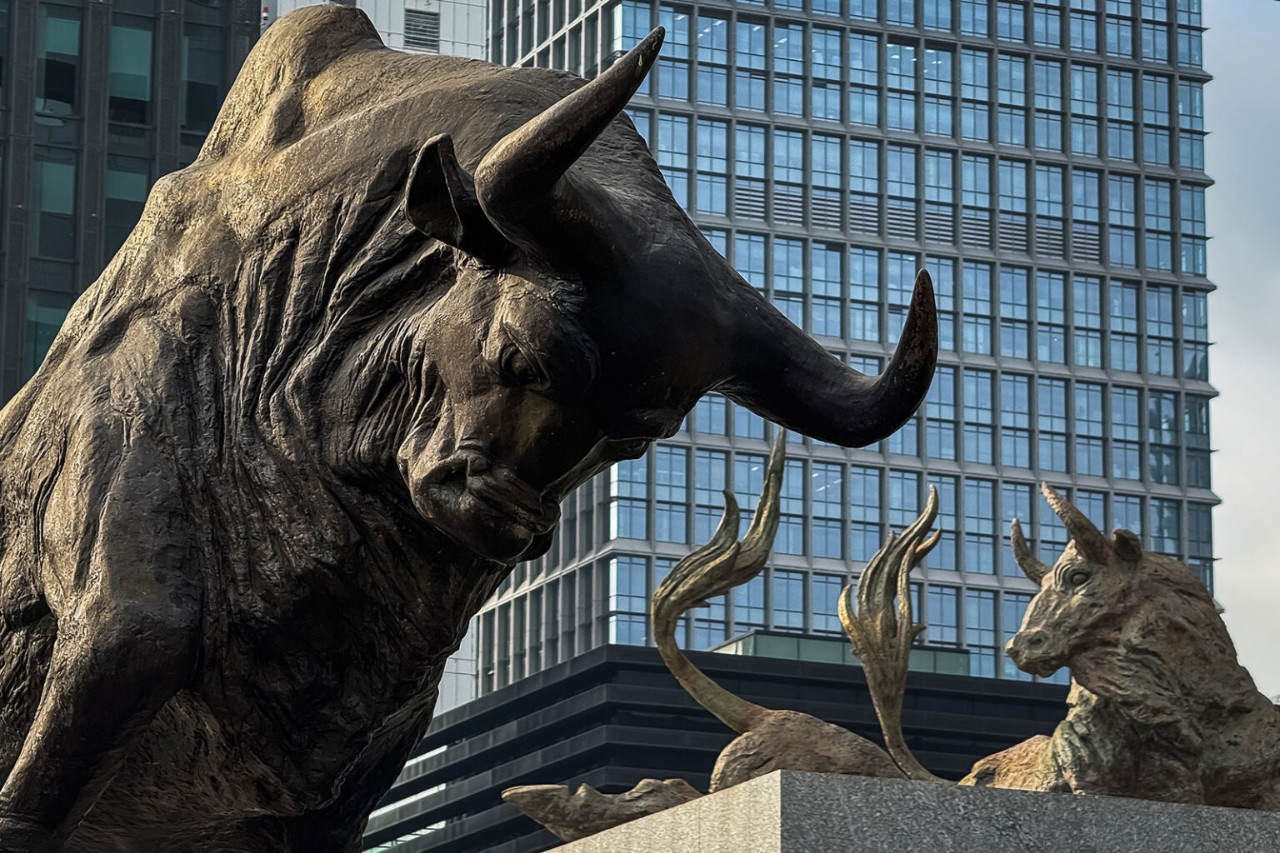
As the sustainability reporting juggernaut thunders forth internationally, signs of rubber hitting the road are increasingly evident across Asia Pacific, with mandatory regimes going live this year in Australia, New Zealand, Japan and Singapore, followed by a region-wide ramping up to 2030.
Meanwhile, highlighting the complexity of a global roll out, the world is watching the EU, as the sustainability outlier seeks to unstick its suite of regulations by simplifying rules, reducing compliance burdens, and boosting competitiveness and investment through its proposed Omnibus IV package.
This is the frenetic and often febrile environment in which Justin Tan plies his trade as a director in sustainability reporting and assurance at PwC in Sydney, working with clients across Asia Pacific.
‘When something is moving this fast, you’re bound to get a reaction’
Yet, within this melee, one thing never changes: the quality of the work he provides. ‘I’m from an audit background, so if we are to put our signature to something, the work needs to be inscrutable,’ he says.
Bringing value
And as we move from voluntary to mandatory reporting, reality is beginning to dawn, which is where his work diverges from a typical reporting and assurance mandate into advisory.
‘We need to show clients this isn’t simply a box-ticking exercise, that it’s going to bring them value, that they need to have information on hand for their investors, consumers and suppliers, that it’s nebulous and constantly changing, that it’s really, really big,’ he says.
He’s hopeful, too, that the region is on the right track, with implementation of climate target legislation in Australia and lively debate among local policy setters, regulators, corporations and individuals about how to combat climate change.
‘We’ve made significant progress in the last few years, whether through regulations, intra-regional cooperation, investment in technology, but when something is moving this fast, you’re bound to get a reaction,’ he says, citing the US and Canada as examples of countries in which sustainability progress is being challenged by shifting political winds.
‘Investors are not in this for charity; they want to see well-managed risk portfolios’

‘I firmly believe that despite inevitable ups and downs, Asia Pacific is heading in the right direction,’ he says.
Invested in sustainability
Indeed, the appetite is there. PwC research has found that the majority of investors (75%) would invest more in companies taking climate-related actions, as a way to manage risk, given that 55% of global GDP – US$58 trillion – is highly or moderately dependent on nature.
It’s also clear to see where work needs to be done. For example, PwC’s Asia Pacific-focused Sustainability Counts III report, published in December 2024, highlights how 84% of organisations have identified climate-related risks and opportunities and 81% have disclosed their management processes for these risks, yet only 70% have integrated them into overall risk management.
‘It’s all about risk at the end of the day,’ says Tan. ‘Investors are not in this for charity; they want to see well-managed risk portfolios, and if your sustainability risks are not being sufficiently integrated, they will hesitate.’
Quick off the blocks
Tan undertook the ACCA qualification straight out of secondary school and passed by the age of 21, ‘way before a lot of my classmates who took the traditional university route’.
He has spent his career largely in professional services, bookended by PwC, where he got his first break in his native Malaysia. In between, he gained industry experience at significant regional players: at Great Eastern Life Assurance as an internal audit manager, and as regional financial controller at e-commerce platform Lazada Group.
‘I want people to feel they don’t have to shrink into the background’
Having worked in Singapore with Deloitte and Lazada Group, a secondment with PwC in the UK and now calling Australia home, different countries were always an experience he’d sought, though he admits it took time to find his footing.
‘But once you find a community, things improve. For example, in Australia, I didn’t feel at home until almost a year in, when I connected with fellow Malaysians. In London, my support circle came from fellow migrants – people from Spain, Italy, Korea, Singapore, France.’
It also took time to adapt to the different ways of working in Western societies, and he now strives to support those in a similar position. ‘I want people to feel they don’t have to hide, stay quiet in the corner or shrink into the background. I want them to be able to say, “I may not sound like you or look like you, but I have valuable ideas and and I want to contribute to team success”. I try to play an active role via networking but also by talking to partners. It’s low-key DEI stuff; I’m not asking them to invest thousands of dollars, but it can make a difference.’
Flying the DEI flag
He feels some people are ‘ridiculously afraid’ of the term diversity, equity and inclusion (DEI), which is essentially a means to ‘root out unconscious bias and unfairness’, though it’s exposed to the same shifting political sands as sustainability.
‘It might not be popular right now, but there are enough smart, passionate people to keep the most basic elements of DEI going and to make sure that people feel included, that they have the right opportunities and are treated fairly,’ he says. ‘At the end of the day, the ideal is that we do not need dedicated DEI initiatives, that it’s just embedded into the way we do things; that’s the end goal.’
‘I decided to fully focus on my son and I realise how fortunate I am’
Treating people fairly is close to Tan’s own heart, having benefited from six months’ paternity leave to look after his newborn son. ‘It was tough to let go of work in the beginning,’ he recalls. ‘I thought I might be performing career suicide – concerns women have long dealt with.’
‘I decided to fully focus on my son and I realise how fortunate I am; fathers in other countries may get just two days’ leave, or some simply don’t take time off, fearing a negative impact on their careers. People shouldn’t be penalised for taking parental leave and should be supported when they return to work.’
Tan also had to contend with the pace of change in his field. ‘Sustainability in Australia is moving so fast,’ he says. ‘When I returned, legislation had been finalised and accounting standards issued, so it did feel like I had to invest time in catching up.’
But he felt supported in doing so. ‘I was given time to assimilate. If I had questions, I knew who to ask, and I had discussions with my bosses about my portfolio. I don’t feel like I’ve missed out on opportunities.
‘Leaving my son at home was hard because he grew used to me being there, but professionally, I’ve been lucky. I don’t know if that’s common in other organisations but in this particular aspect, PwC has done really well.’



